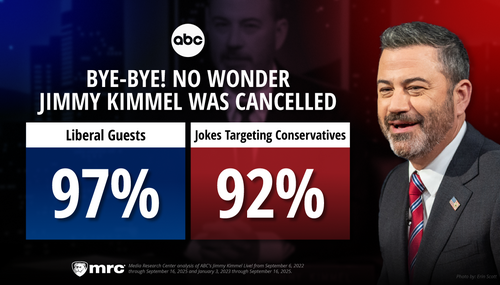Paul Krugmans Serious Drug Problem
is based on bad statistics
New York Times economist continues
papers reliance on incorrect information about drug research costs.
Once the
New York Times latches on to bad information, it just keeps
recycling it. Economist Paul Krugman did just that in a May 6, 2005,
column, headlined A Serious Drug Problem, detailing what he
considers to be problems in the health care system.
Krugman relied on information in a book by Marcia
Angell, the former editor in chief of The New England Journal of
Medicine. That book, The Truth About the Drug Companies, has been
criticized for the very information Krugman cited.
According to the column, Angell shows convincingly
that drug companies spend far more on marketing than they do on
research - and that much of the marketing is designed to sell me,
too drugs, which are no better than the cheaper drugs they
replace.
A study by Tufts Universitys Center for the Study of
Drug Development, an academic nonprofit research group, showed that
Angell, and now Krugman, relied on poor information. Tufts center
estimated a seven-year process for bringing a new drug to market and
they studied the costs involved in that process. The most recent
update to that study, in 2001, estimated $802 million for a single
new drug.
Krugmans reliance on Angells information ignores other
realities of the pharmaceutical industry, including:
-
What Angell calls marketing costs includes administration,
which includes everything from salaries to buildings.
-
Figures for 2003 show more than $33 billion spent on R&D, more
than $8 billion higher than total marketing expenses, with only
$3.3 billion of that in direct-to-consumer advertising.
This isnt the first time The Times
has repeated this information as fact. Reporter Gardiner Harris did
just that in a March 4 story in which he declared without
attribution that The drug industry has long spent billions of
dollars annually far more than it spends on research trying to
persuade doctors to prescribe its pills.
The Krugman column added that It should be possible to
pay less for medicine, yet encourage more real innovation. It
should indeed, yet many critics of the pharmaceutical industry
complain about costs while simultaneously arguing for longer and
more detailed FDA trials and regulations.
Krugman has authored numerous articles and, according
to his own Web site, 18 books including, The Age of Diminished
Expectations in 1989. By continuing to promote bad information, he
is adding to the diminished expectations for the American media.
Resources
-
Demonizing Drugmakers: The Political Assault on the
Pharmaceutical Industry by Doug Bandow, senior fellow at the Cato
Institute:
http://www.cato.org/pubs/pas/pa-475es.html
-
Improving Health Care: A Dose of Competition, a July 2004
report from the Federal Trade Commission and the Department of
Justice:
http://www.healthlawyers.org/docs/ask2004/FTC_report.pdf





